This is the thirteenth time since 2010 that the Hungarian government has launched a national consultation process in order to find out about the opinion of Hungarians on key issues that Hungary is in dispute with the European Commission. Two of the eleven questions in the national consultation questionnaire concern financial aid to Ukraine. EU leaders in Brussels intend to support Ukraine with an extra fifty billion euros, but the Hungarian government will not support the proposal until Hungary receives the EU funds it is entitled to. In addition, the European Union would spend further twenty billion euros on arms to Ukraine, while the Hungarian government would support initiatives promoting a ceasefire instead of this plan. As it is important to learn what Hungarians think about these issues, Nezopont Institute asked whether Hungarians agree or disagree with these EU proposals. The findings of this study were forwarded to Magyar Nemzet for publication.
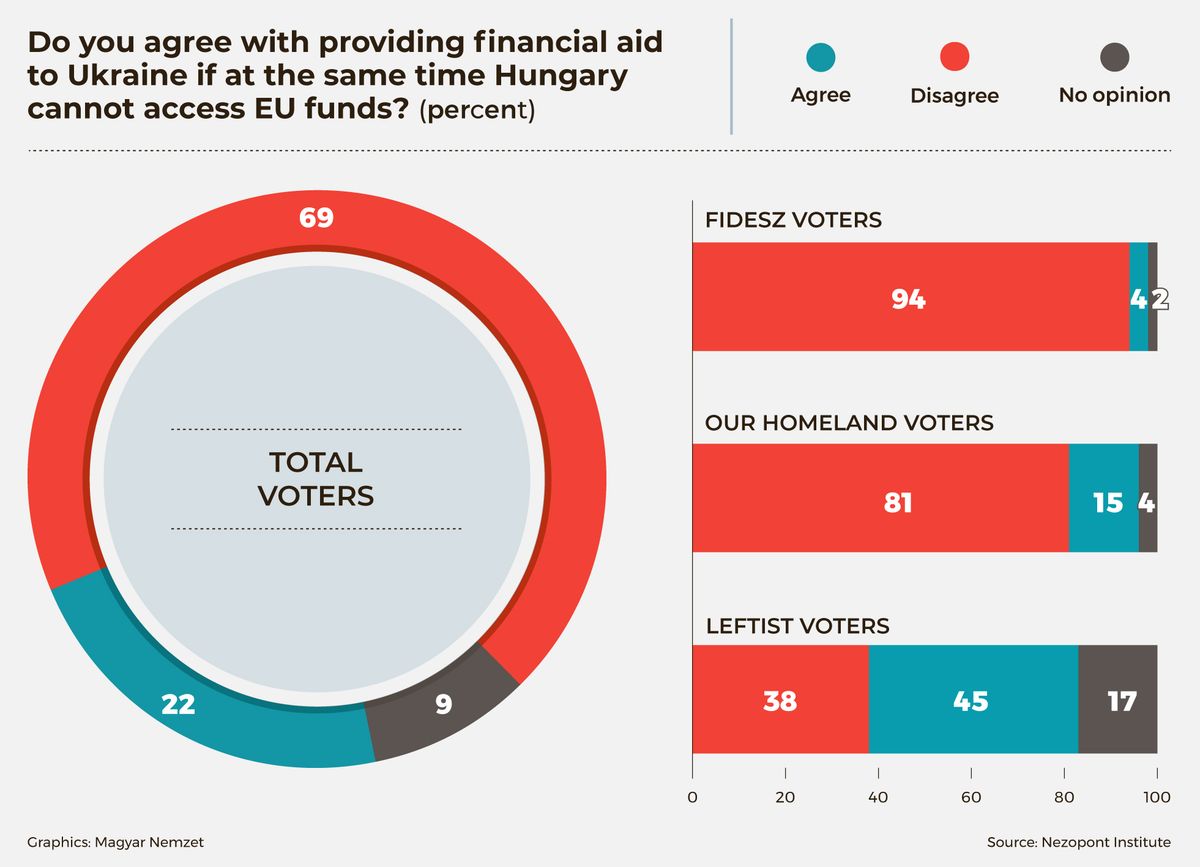
While European Union leaders in Brussels would like to support Ukraine with an additional fifty billion euros financed from extra contributions from member states, more than two-thirds (69 percent) of Hungarians disagree with further financial aid until Hungary has access to EU funds, and only a fifth (22 percent) would agree, as revealed by the results reached by Nezopont Institute.
The unity of government party voters (94 percent) disagree with financing Ukraine, which is hardly surprising, but at the same time, the left-wing voters are divided on this issue, as well. Four out of ten (38 percent) agree with the government's position, and there are only slightly more (45 percent) who would support further financing of Ukraine even at the price of renouncing EU funds due to Hungary. Right-wing Mi Hazank (Our Homeland)party voters are less divided on the issue, the majority of them (81 percent) oppose the Brussels proposal, compared to 15 percent who agree with it.
There are more people in each of the specified social groups who oppose financing Ukraine, including those living in the capital (46 percent) and those with higher education (52 percent).
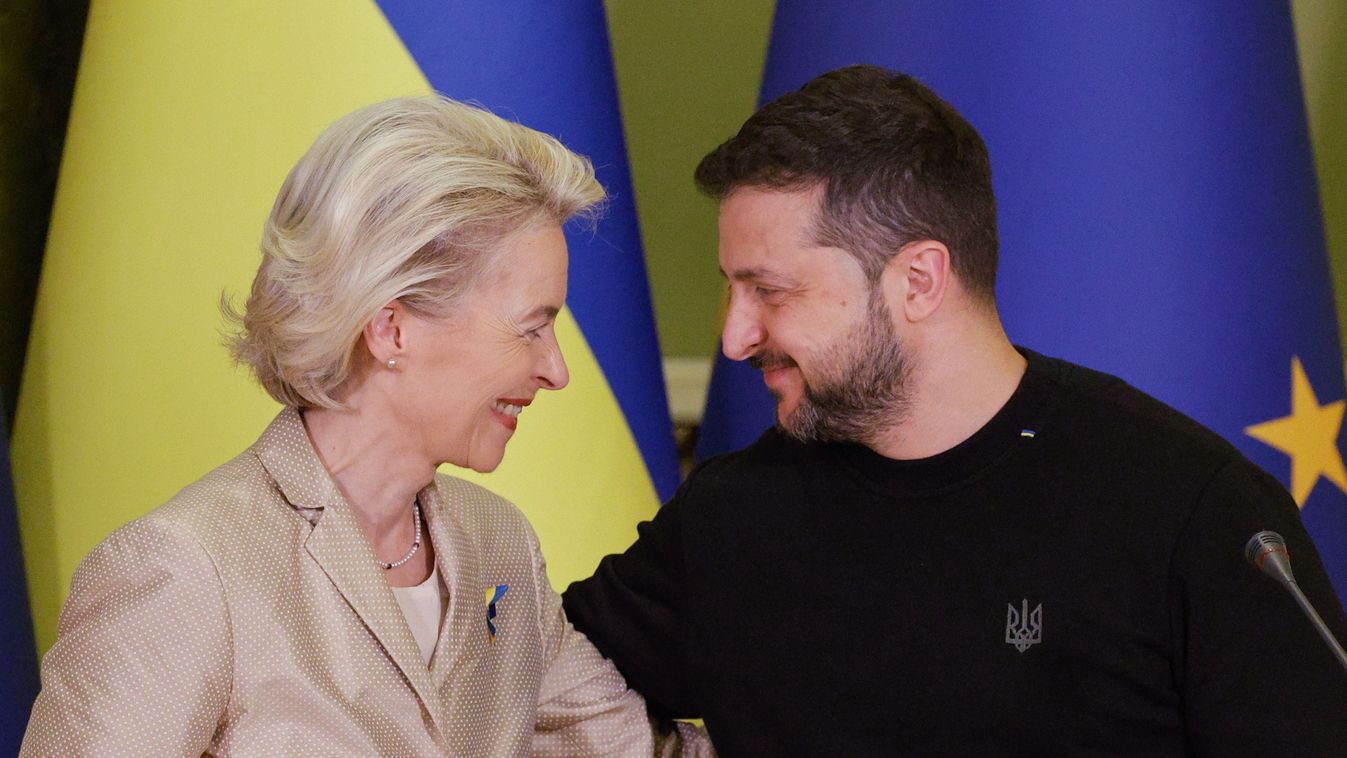
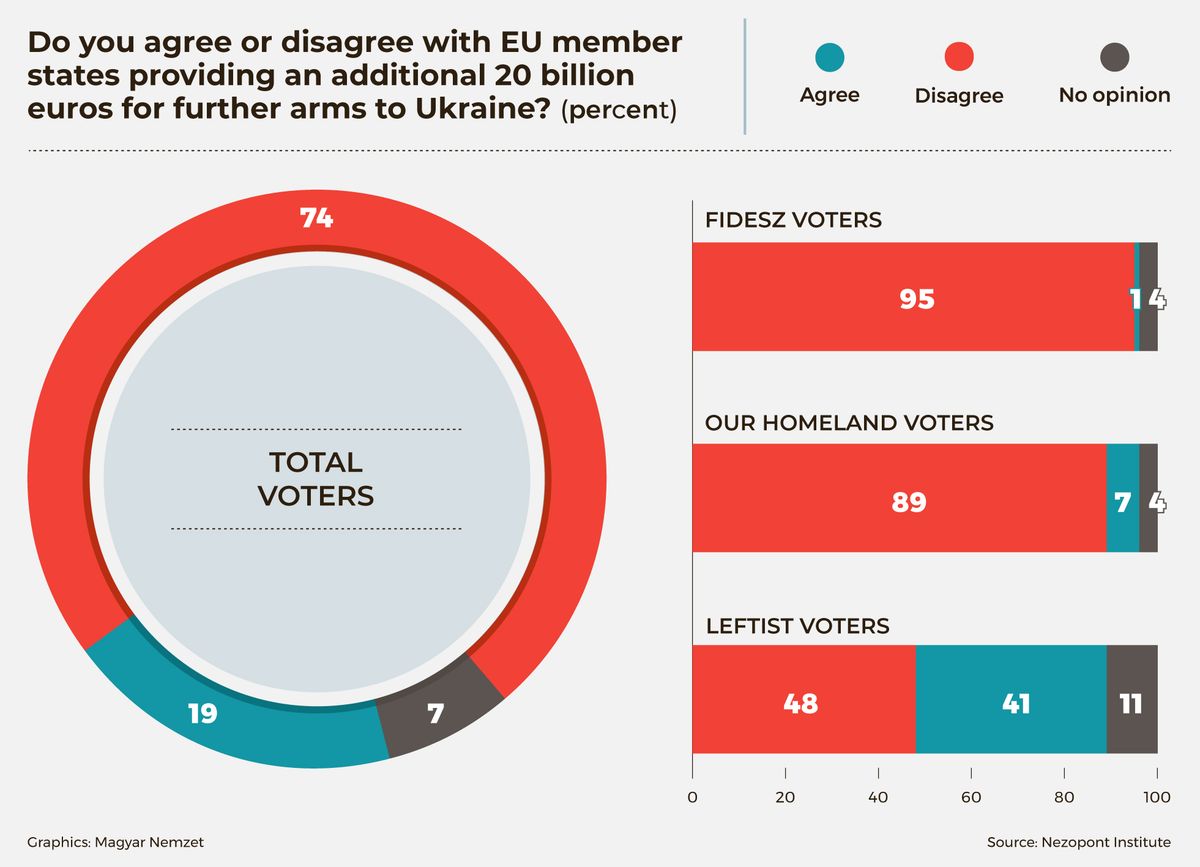





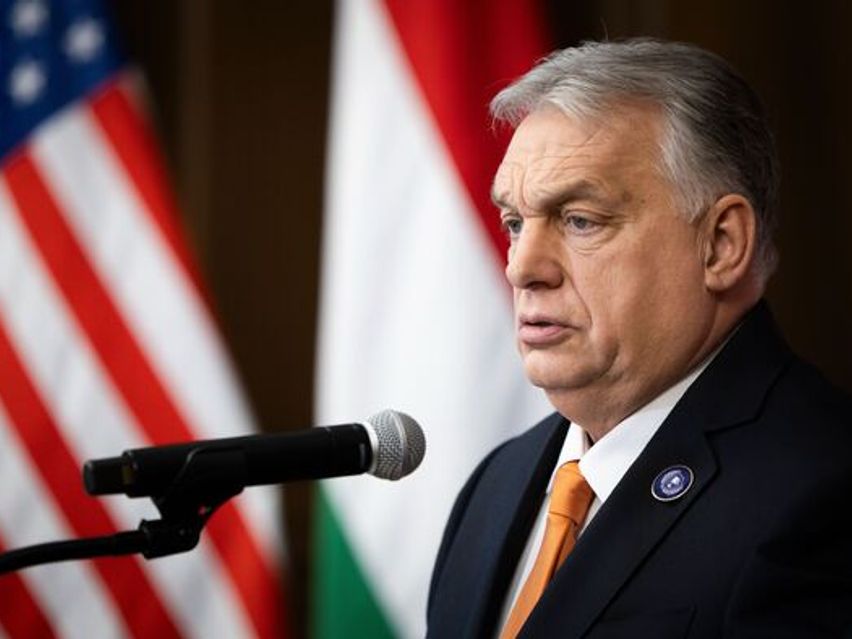


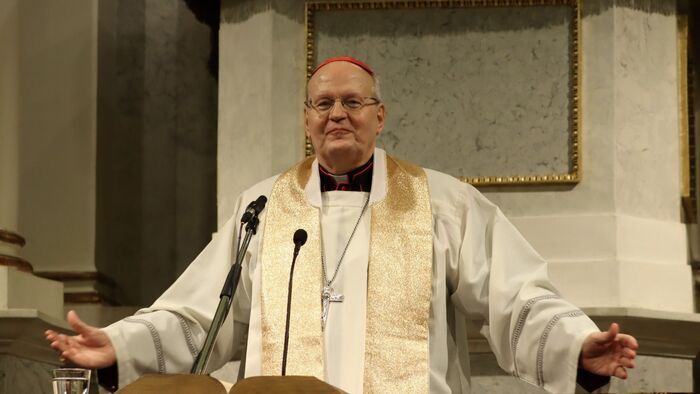




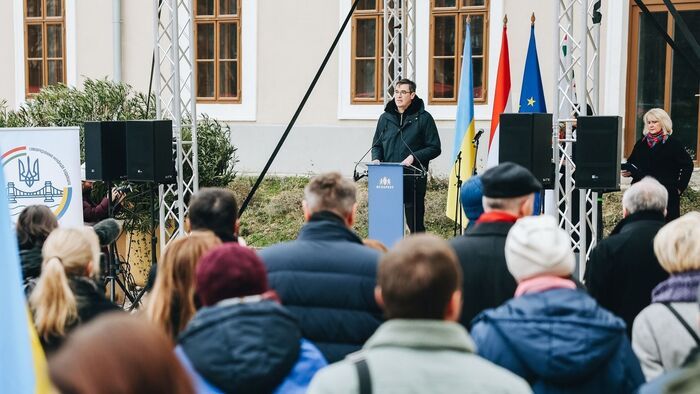
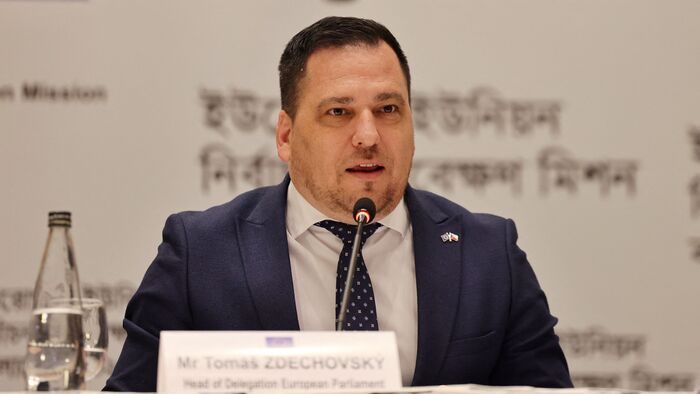
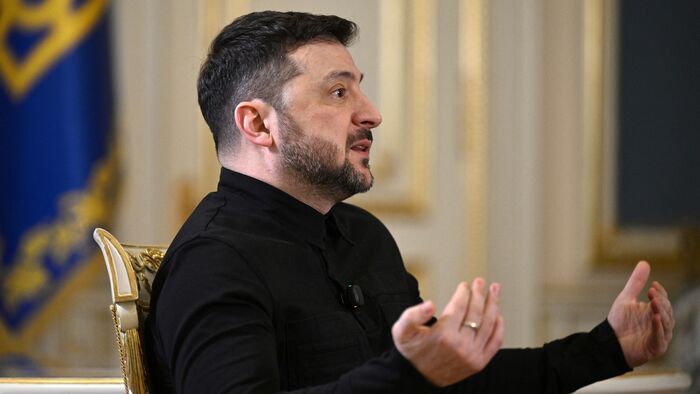
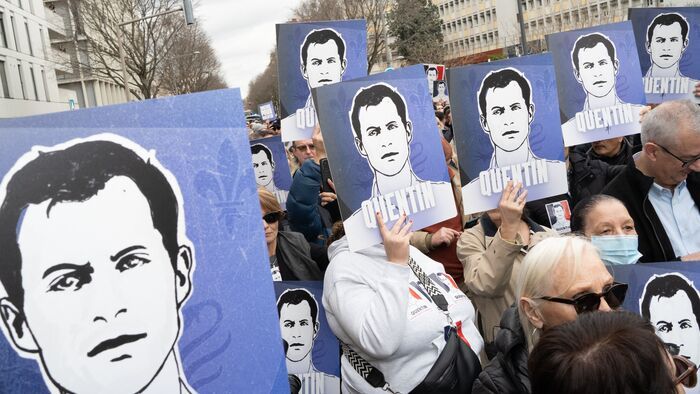





Szóljon hozzá!
Jelenleg csak a hozzászólások egy kis részét látja. Hozzászóláshoz és a további kommentek megtekintéséhez lépjen be, vagy regisztráljon!